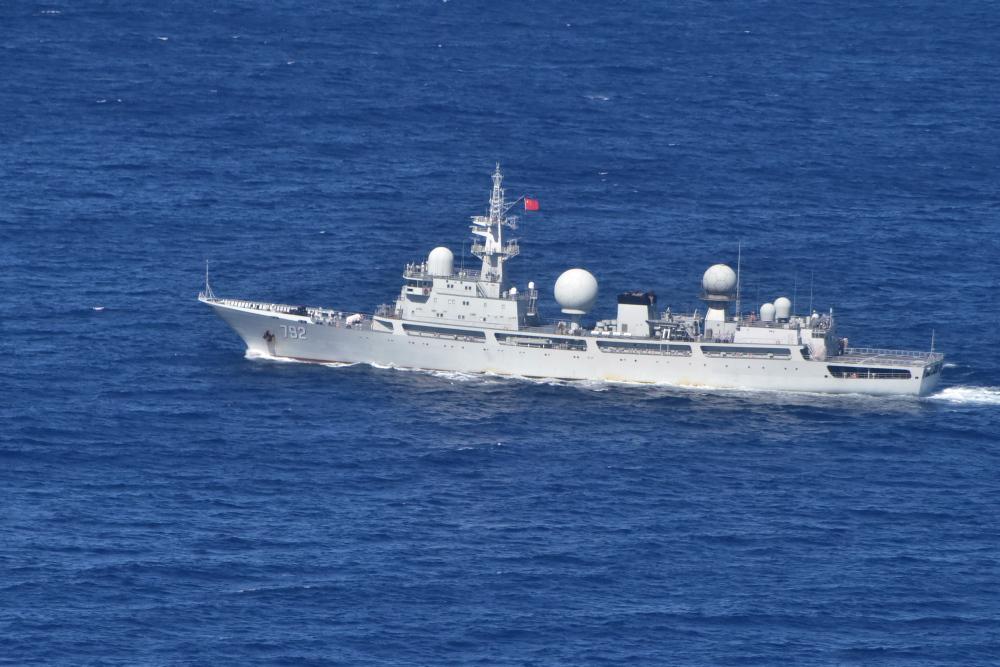An Australian naval diver was injured by a Chinese military vessel last week as Australian navy personnel sought to conduct underwater repairs on a frigate.
The HMAS Toowoomba, a naval frigate, was conducting a diving operation to clear fishing nets from its propellers on Nov. 14 when the incident occurred, Australian Defense Minister Richard Marles said.




